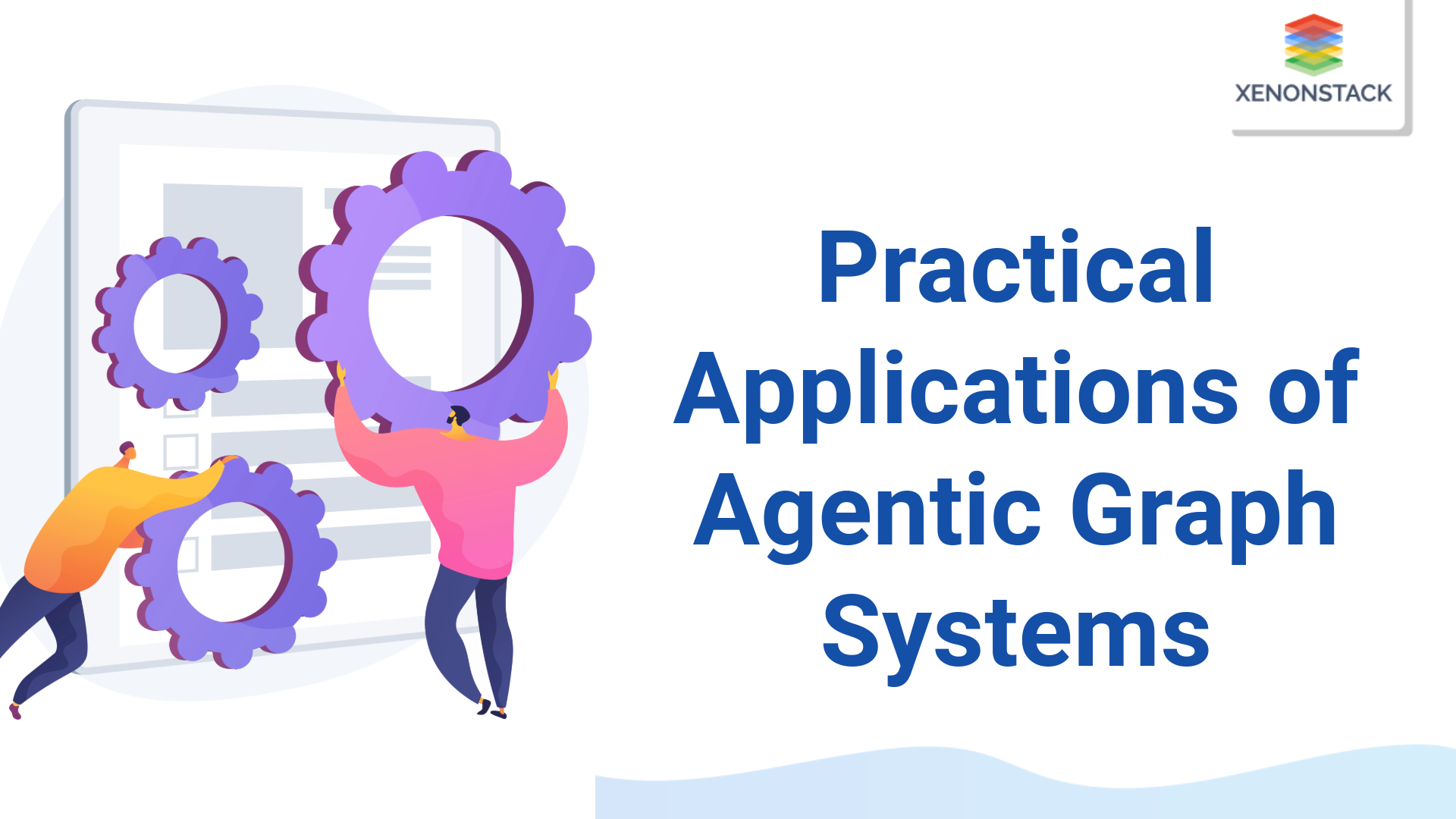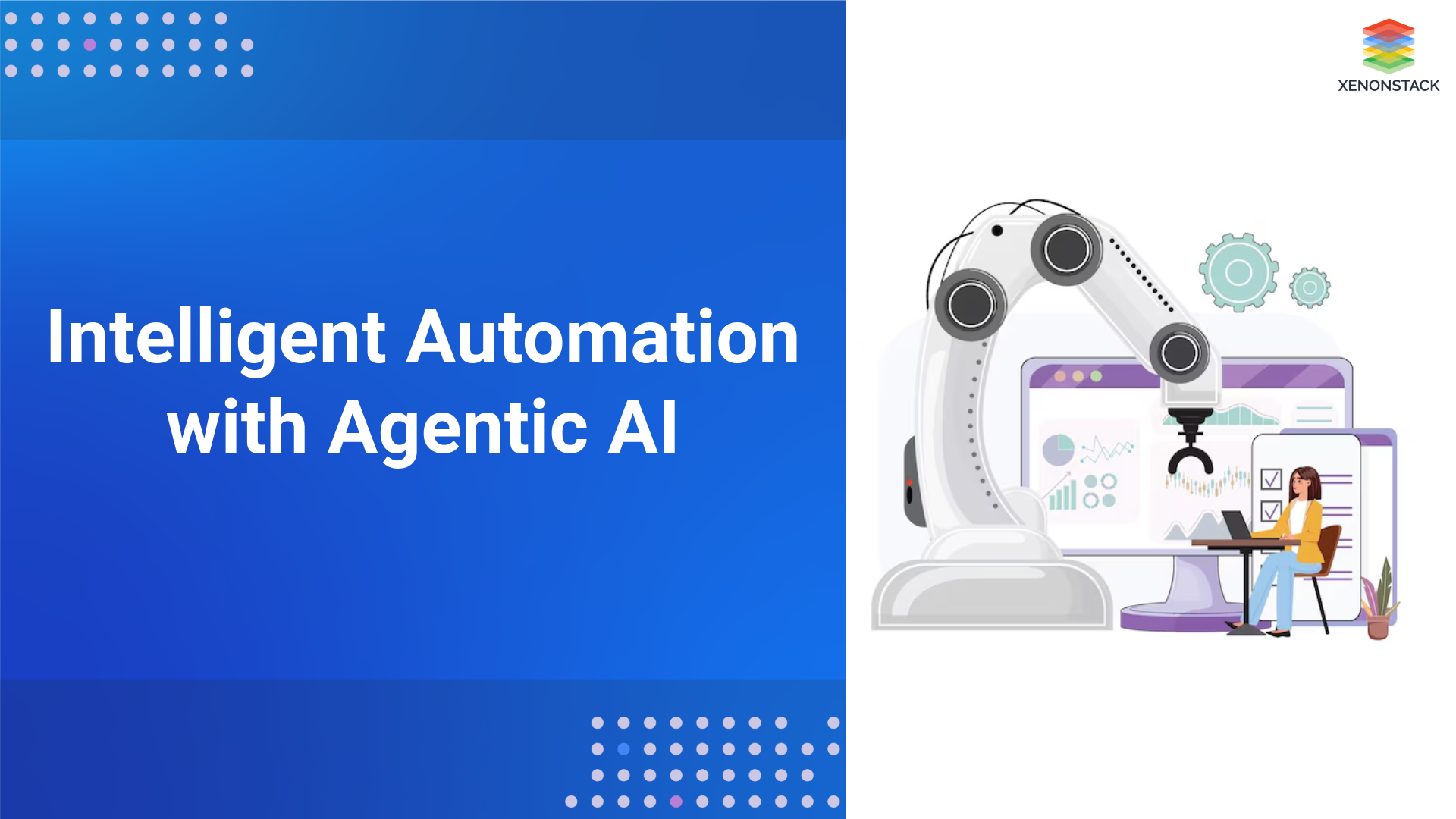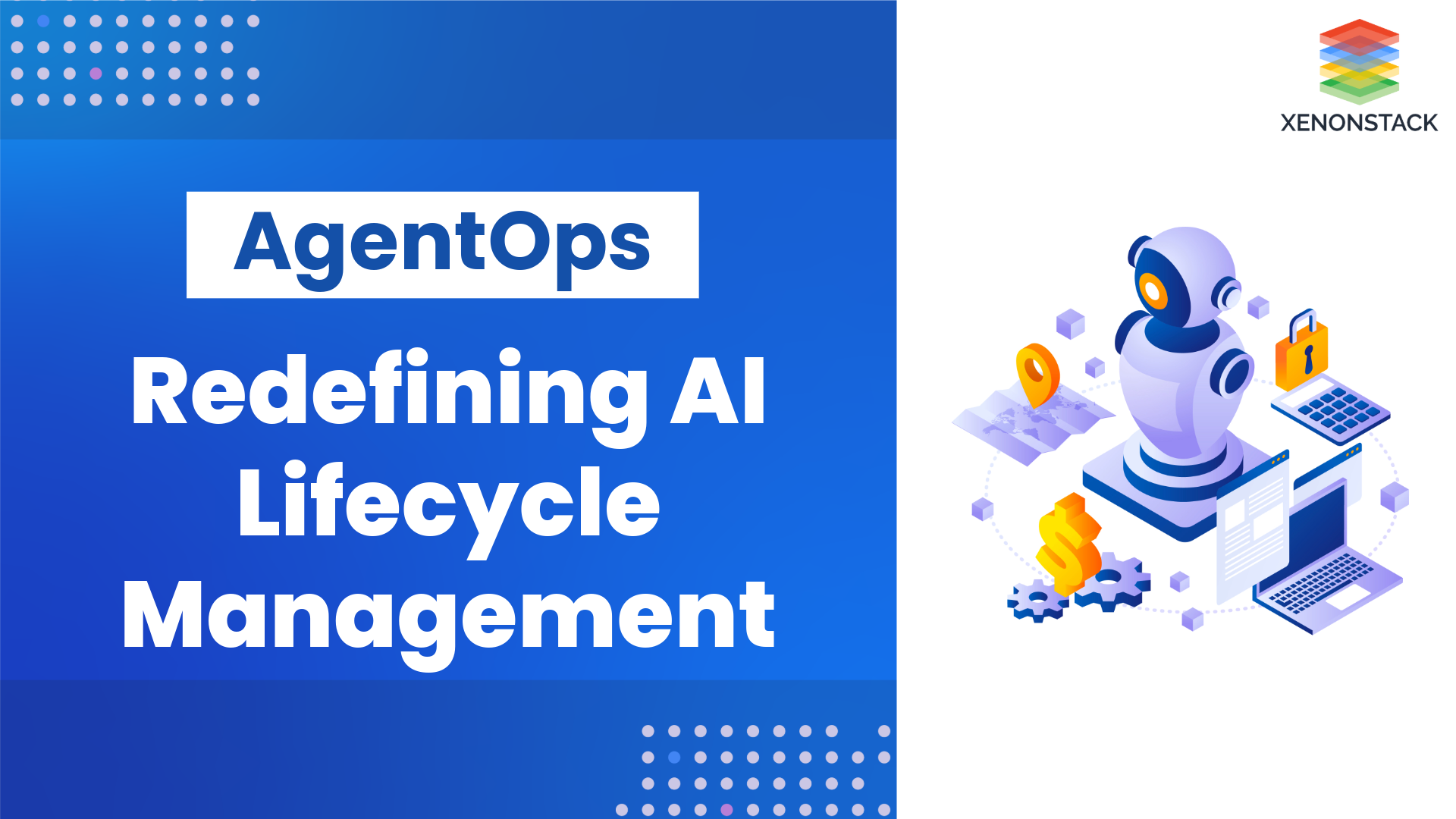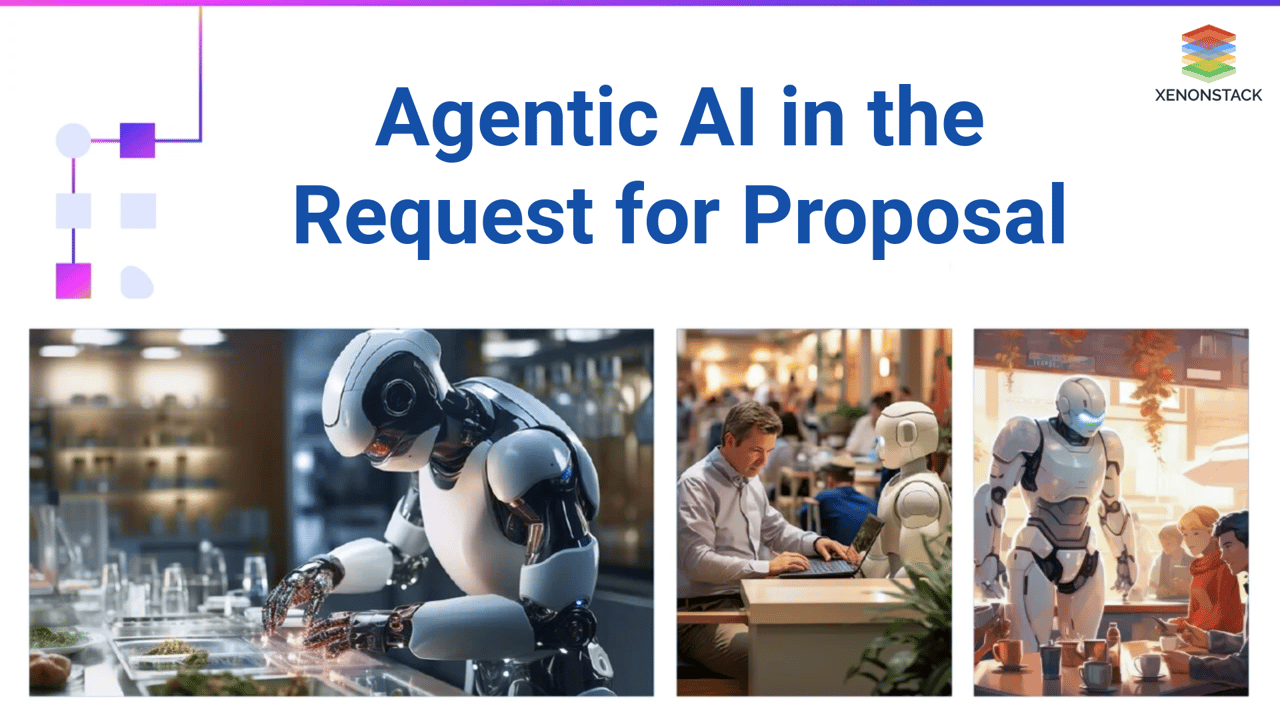
The Request for Proposal (RFP) process has traditionally been time-consuming, complex, and often tedious for organizations across industries. Companies must compile vast amounts of information, ensure accuracy, collaborate across teams, and craft proposals that meet the detailed needs of potential clients. This process involves multiple steps, such as reviewing client requirements, drafting responses, managing timelines, and ultimately submitting a comprehensive proposal. However, as organizations strive to streamline operations and improve efficiency, Agentic AI redefines how RFPs are managed.
What is Agentic AI?
Agentic AI refers to autonomous software agents that leverage artificial intelligence (AI) to perform specific tasks and make decisions based on real-time data. Unlike traditional software tools that require continuous human oversight, Agentic AI agents are designed to function autonomously, allowing them to complete tasks with minimal input from human users. These agents can autonomously analyze data, learn from past outcomes, and take action to optimize processes or solve problems.
In the context of RFPs, Agentic AI is transforming the entire lifecycle of proposal management. From drafting responses to providing data-driven insights and streamlining collaboration, Agentic AI can handle many repetitive and time-consuming tasks that once required significant manual effort. By incorporating this technology, organizations can significantly improve their proposals' speed, accuracy, and quality, ultimately increasing their chances of winning business.
Key Benefits of Agentic AI in the RFP Process
-
Enhanced Proposal Quality and Accuracy
One of the biggest challenges in the RFP process is ensuring that proposals are accurate, comprehensive, and tailored to meet the client’s needs. Traditional proposal management often involves compiling information from various sources, many of which are outdated or incomplete, leading to errors and inconsistencies in the final document. Agentic AI agents, on the other hand, can automatically analyze past RFP submissions and historical data to generate responses that are both accurate and contextually relevant.
These AI-powered agents can extract key information from RFP documents, company databases, and other resources to ensure up-to-date responses align with the client's requirements. The result is a more polished, relevant, and accurate proposal, significantly improving the likelihood of success.
-
Faster Response Times
Time is often of the essence when responding to RFPs. Companies are often required to submit proposals within short deadlines, leading to rushed work, errors, and missed opportunities. Agentic AI can help by automating gathering data, drafting responses, and even finalizing proposals, dramatically reducing the time required to prepare and submit an RFP.
AI agents can pull information from a centralized knowledge base, filling in predefined sections of the proposal template. They can also suggest relevant case studies, testimonials, or other content based on the specific RFP requirements. By automating these tasks, Agentic AI helps companies submit proposals faster without sacrificing quality.
-
Improved Collaboration Across Teams
RFP responses often require input from multiple departments, including sales, legal, finance, and technical teams. Coordinating these inputs can be challenging, especially when working under tight deadlines. Agentic AI can facilitate real-time collaboration by connecting stakeholders, automating information flow, and integrating with existing collaboration tools.
With AI-powered platforms, teams can work together seamlessly by accessing a shared knowledge base, reviewing drafts in real time, and ensuring all proposal sections are aligned. The AI agent acts as a central hub, ensuring that all inputs are captured accurately and that the final proposal reflects the collective effort of all teams.
-
Data-Driven Decision Making
One of the most potent aspects of Agentic AI is its ability to analyze vast amounts of data and generate actionable insights. In the RFP process, this capability can assess the probability of winning a proposal, identify trends, and optimize future submissions. AI agents can provide valuable insights that help organizations make data-driven decisions about which RFPs to pursue by analysing past proposal outcomes, industry trends, and client preferences.
For instance, Agentic AI can analyze proposal success rates based on specific factors such as client size, industry, or geographical location. It can also identify patterns in the most successful proposals, allowing organizations to refine their strategy and focus on the most promising opportunities.
-
Risk Mitigation
The RFP process involves various risks, including missed deadlines, incomplete or inaccurate proposals, and non-compliance with client requirements. These risks can have serious consequences, including the loss of business or damage to an organization’s reputation. Agentic AI helps mitigate these risks by continuously monitoring the proposal process, identifying potential issues early, and suggesting corrective actions.
AI agents can flag potential compliance issues, ensure that all necessary documents are included, and check for errors or omissions in the proposal. By addressing these issues proactively, organizations can reduce the risk of submitting flawed proposals and improve their chances of success.
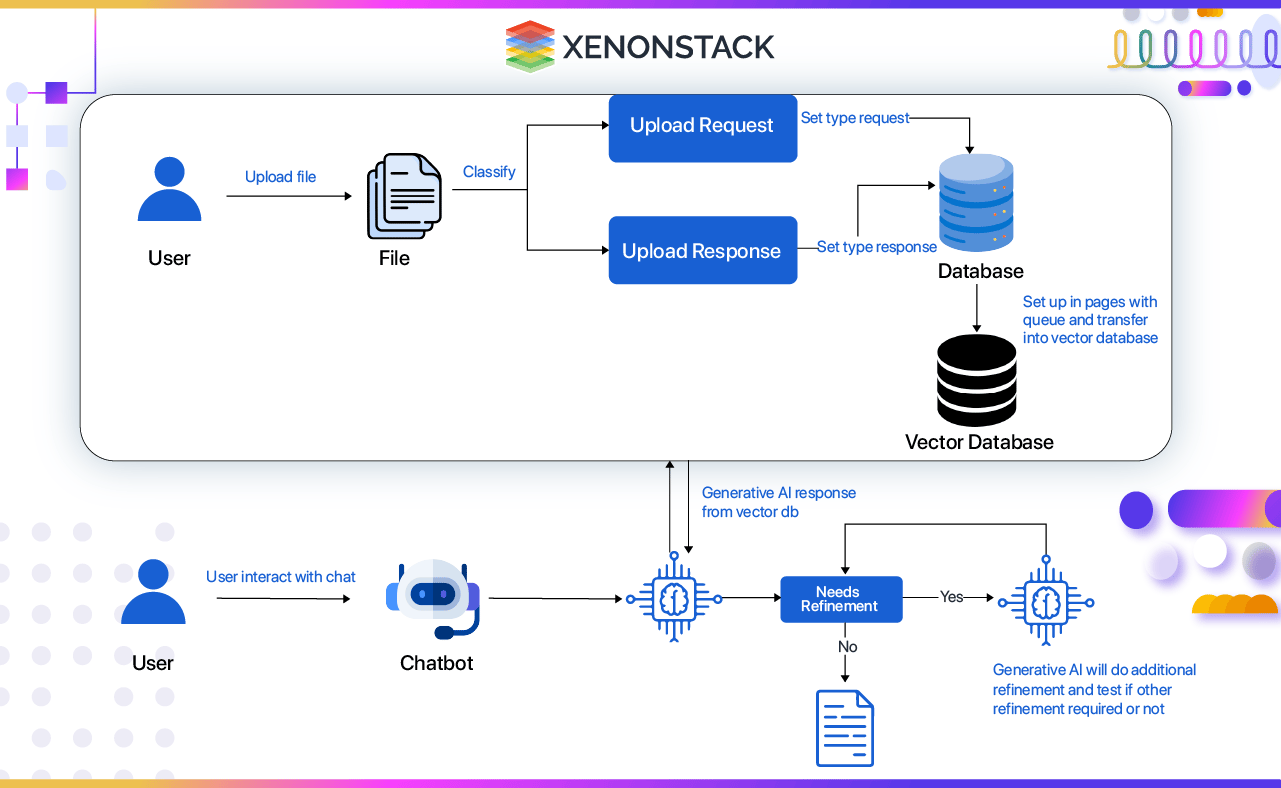 Fig 1: Agentic AI in the RFP Process
Fig 1: Agentic AI in the RFP ProcessChallenges of Integrating Agentic AI in the RFP Process
Despite the numerous advantages of Agentic AI, there are several challenges that organizations may face when implementing this technology into their RFP process:
-
Data Quality and Availability
AI agents rely heavily on data to generate insights and automate processes. Incomplete or outdated data can undermine the effectiveness of the AI system. Organizations must ensure they have access to accurate, up-to-date data to enable the AI agents to function correctly.
Solution: Invest in data management systems and ensure that data is continuously updated and cleansed. By maintaining high-quality, structured data, AI agents can perform effectively and provide accurate insights. -
Change Management
Implementing AI in the RFP process requires significant change management, which involves altering existing workflows and processes. Employees must be trained to work with the new AI-powered tools, and stakeholders may need to adapt to new collaboration methods. Overcoming resistance to change is essential for successful adoption.
Solution: Organizations should provide comprehensive training and support to help employees transition to AI-powered systems. Establishing a clear communication plan that emphasizes the new system's benefits can help overcome resistance.
-
Cost of Implementation
Implementing Agentic AI can require a significant upfront investment in terms of both time and money. Organizations must carefully assess the return on investment (ROI) of AI implementation to ensure that the benefits outweigh the costs. However, the long-term benefits of increased efficiency, faster proposal turnaround, and improved win rates often justify the initial investment.
Solution: Start small by piloting Agentic AI in specific areas of the RFP process, such as content generation or compliance checking. Once the technology has proven its value, scale up its implementation across the entire RFP process.
-
Human Oversight and Trust
AI agents are powerful, but they are not infallible. There is a risk of over-relying on AI technology and ignoring the human expertise that is still essential for strategic decision-making. Ensuring appropriate human oversight in the decision-making process is critical.
Solution: Maintain a hybrid approach where AI supports human teams but does not replace them entirely. Humans should be responsible for the final approval and customization of proposals, while AI handles repetitive tasks.
Solutions for Overcoming Challenges
Organizations can mitigate the challenges associated with Agentic AI implementation by adopting several best practices:
-
Adopt Incremental AI Integration: Instead of a full-scale overhaul, start by introducing AI in one part of the RFP process (e.g., automating responses or content generation). This allows teams to become accustomed to the technology before expanding its use.
-
Continuous Training and Support: Ensure that all employees involved in the RFP process receive proper training on how to use AI-powered tools effectively. Providing ongoing support will help increase adoption rates and ensure that teams use the technology to its full potential.
-
AI-Driven Insights for Process Improvement: Leverage AI’s ability to track proposal performance and identify areas for improvement. This will enable organizations to refine their approach and optimize future RFP submissions.
Future Trends in Agentic AI for RFP Management
The future of Agentic AI in the RFP process holds exciting possibilities. Here are some emerging trends:
-
Increased Automation and Customization
As AI models evolve, future AI agents will become increasingly adept at customizing proposals in real-time based on client data and feedback. This will allow organizations to create highly personalized, dynamic proposals tailored to each client's needs.
-
Integration with Blockchain for Secure Proposal Management
Blockchain technology can be integrated with Agentic AI to enhance security, transparency, and accountability in the RFP process. Blockchain could provide an immutable record of all RFP submissions, ensuring all parties involved have access to the same information and preventing potential fraud or errors.
-
Predictive Analytics for RFP Success
Advanced AI agents will be able to analyze a broader range of factors to predict the likelihood of success for each RFP, offering recommendations on improving the proposal’s chances of winning. These predictions could include insights into the client’s decision-making process, competitive analysis, and timing recommendations.
-
AI-Powered Collaboration Tools
Future RFP management platforms will include more sophisticated AI-powered collaboration tools that allow teams to work more efficiently. These tools will provide real-time suggestions, identify gaps in the proposal, and ensure that all team members are aligned in their contributions.
Process of Implementing Agentic AI in RFP Management
-
Assess Existing RFP Process: Identify key pain points in your current RFP workflow and determine where AI can most impact.
-
Choose the Right AI Platform: Select an AI platform that aligns with your needs and offers automation, content generation, and predictive analytics.
-
Integrate AI with Existing Systems: Ensure seamless integration with your current proposal management tools, CRM, and data systems.
-
Train Teams: Provide comprehensive training on how to use the AI system and incorporate it into existing workflows.
-
Monitor Performance: Monitor AI performance, assess its effectiveness, and fine-tune the system for optimal results.
Integrating Agentic AI in the RFP process represents a significant leap forward in how organizations manage proposals. By automating repetitive tasks, providing valuable insights, and improving collaboration, Agentic AI can help companies submit higher-quality proposals more quickly and efficiently. As the technology continues to evolve, we can expect even more significant advancements, making the RFP process faster, more accurate, and ultimately more successful.
By embracing Agentic AI, organizations can gain a competitive edge in the increasingly fast-paced and data-driven world of business proposals.
Next Steps with Agentic AI in the Request for Proposal (RFP) Process
Talk to our experts about implementing compound AI system, How Industries and different departments use Agentic Workflows and Decision Intelligence to Become Decision Centric. Utilizes AI to automate and optimize IT support and operations, improving efficiency and responsiveness.



